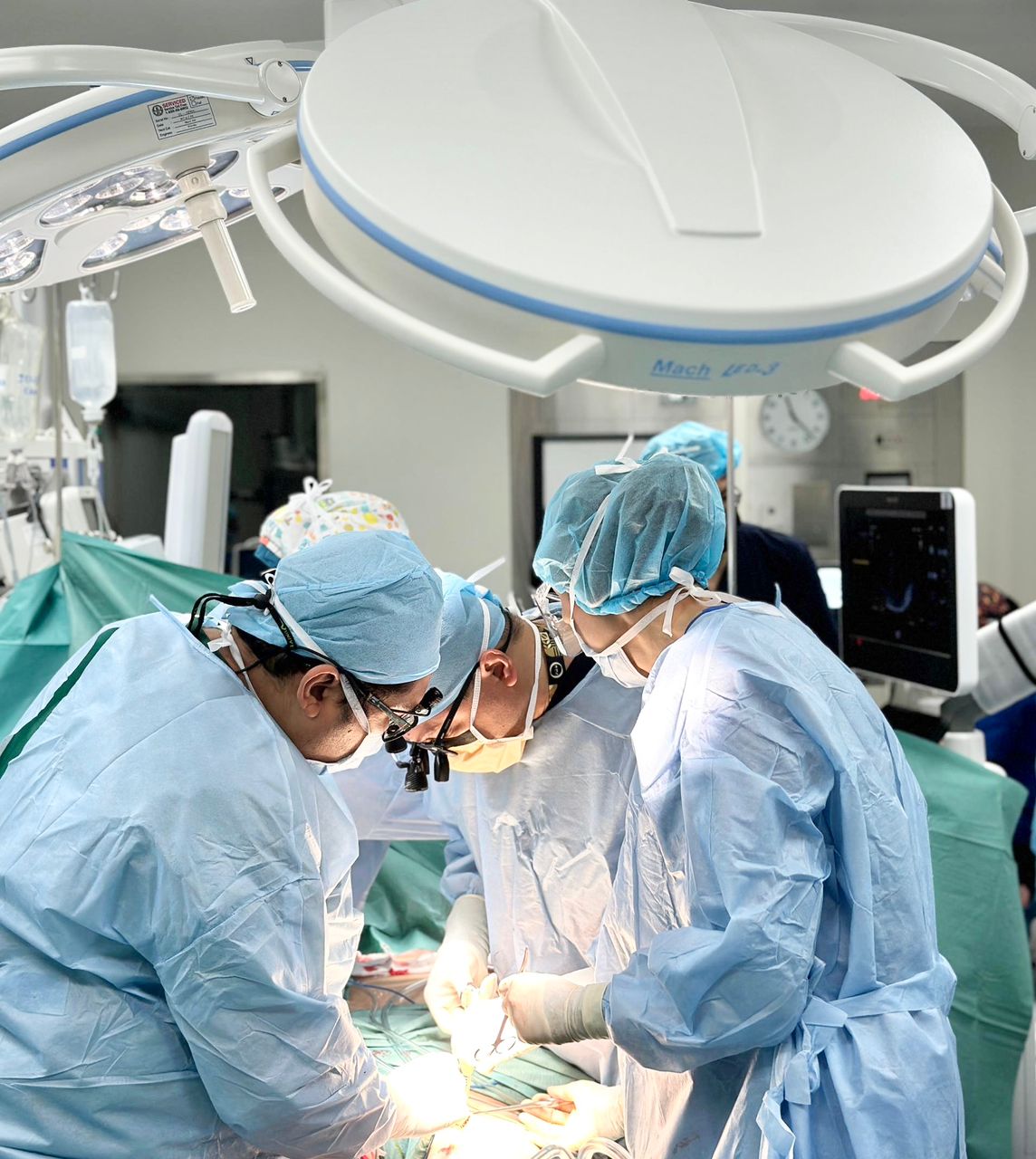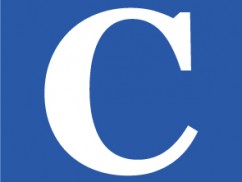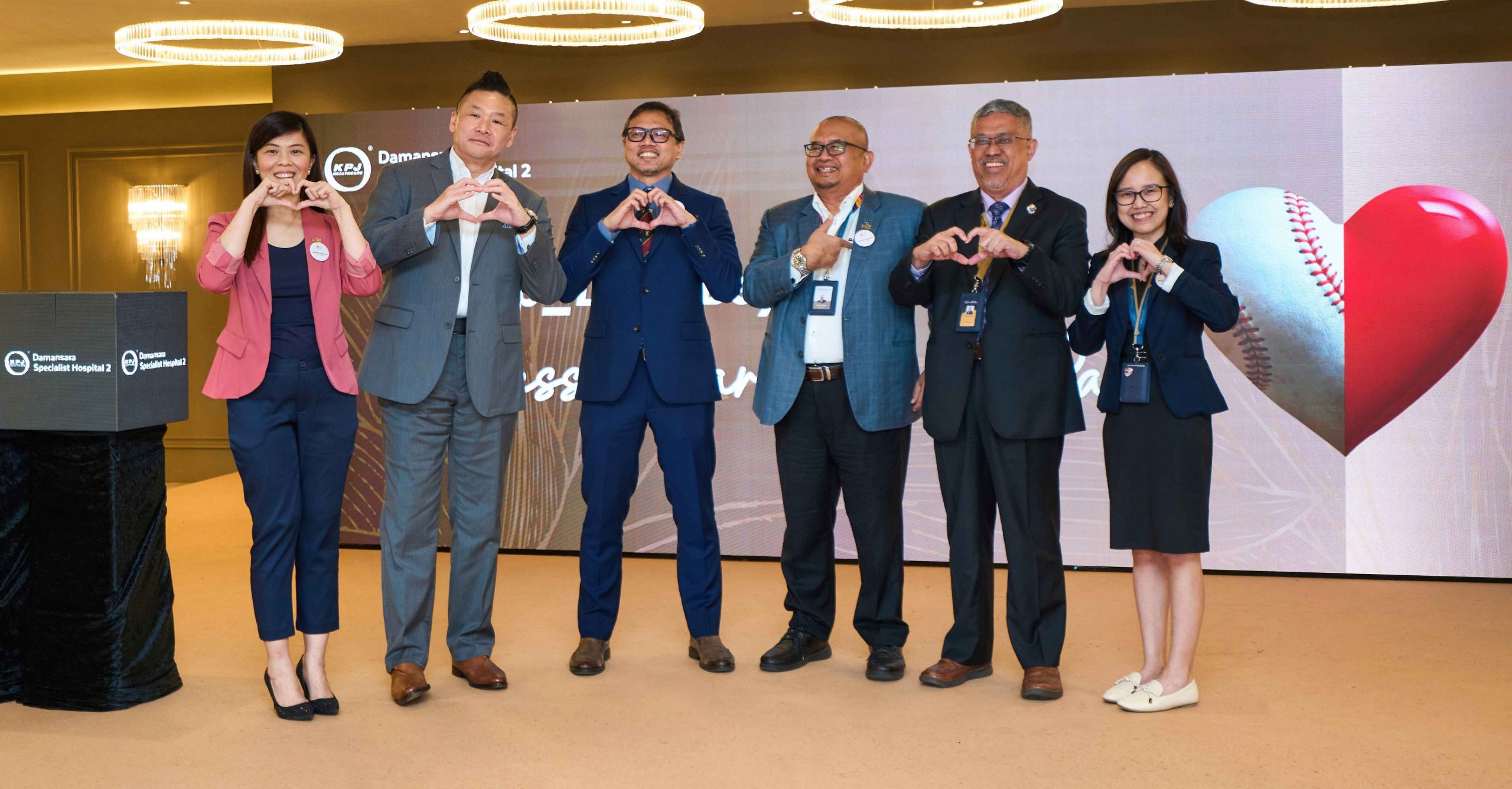One advanced procedure is transforming heart surgery, offering patients a safer, less painful alternative to traditional bypass procedures with faster recovery times and fewer risks.
For decades, people diagnosed with coronary artery disease (CAD) often faced the daunting prospect of open-heart surgery. In a traditional coronary bypass, surgeons need to make a large incision through the breastbone to reach the heart. During the operation, the patient’s heart is temporarily stopped and a heart-lung machine keeps blood and oxygen flowing through the body.
It’s a major procedure by any measure, and understandably, it carries both physical and emotional weight.
But thanks to advancements in medical technology, there’s now a far less invasive option available — and it’s making a real difference for patients and surgeons alike.
AN IMPRESSIVE NEW APPROACH
This new approach is called Minimally Invasive Coronary Artery Bypass Grafting, or MIS CABG for short. Much like the traditional bypass, this procedure restores healthy blood flow to the heart by using a healthy blood vessel from elsewhere in the body to reroute blood around blocked or narrowed arteries. However, unlike open-heart surgery, MIS CABG requires only a small incision and avoids cutting through the breastbone altogether.
The benefits are impressive. MIS CABG is just as effective as the conventional method but comes with fewer risks, less pain, and a much faster recovery time.

“Patients are often deeply anxious about open-heart surgery because of how invasive it is,” explains Professor Dr Shahrul Amry Hashim, a consultant cardiothoracic surgeon at Damansara Specialist Hospital 2 in Malaysia. “The idea of having your chest opened can be quite terrifying. But with MIS CABG, we can ease many of these fears by offering a far less invasive solution.”
The thought of major surgery can be overwhelming, but knowing that the procedure is performed through a much smaller incision—just three to four centimeters on either side of the chest—can offer significant psychological reassurance.
“With minimally invasive techniques, we work between the ribs rather than cutting through bone,” Professor Shahrul adds. “This means less trauma to the body, less scarring, and a smoother overall experience for the patient.”
OTHER ADVANTAGES
Beyond peace of mind, the practical advantages of MIS CABG are clear. Patients typically experience less post-operative pain and a reduced risk of complications such as infections or delayed healing. Recovery times are also much shorter. Many patients are able to leave the hospital within a few days, and they often return to their daily routines far sooner than those who undergo traditional bypass surgery.
Professor Shahrul points out that this shorter hospital stay is particularly beneficial for older patients or those with other health conditions, as it minimises their exposure to hospital-related risks. “Quicker recovery times help patients regain their independence faster, which is crucial for both their physical and emotional wellbeing,” he notes.

However, while MIS CABG offers many benefits, it’s not suitable for everyone. The decision depends on several factors, including the number of blockages in the arteries, their location, and the patient’s overall health. “Each case is unique,” Professor Shahrul emphasises. “We carefully assess every patient to determine the most appropriate treatment plan for their condition.”
Importantly, the success of MIS CABG depends on the skill and experience of the surgical team. Performing heart surgery through such a small opening requires precision and specialised training. Damansara Specialist Hospital 2 is one of the few centers in the region equipped to offer this advanced procedure, with a dedicated team trained in the latest minimally invasive techniques.
Looking ahead, Professor Shahrul believes that MIS CABG will continue to grow in popularity as awareness spreads and more hospitals adopt the technique. “We’re already seeing greater demand as patients become more informed about their options,” he says. “As technology continues to evolve, I believe we’ll be able to help even more people benefit from this less invasive method.”
For patients facing the uncertainty of heart surgery, MIS CABG offers a reassuring alternative—a way to treat serious heart conditions effectively, with less discomfort and a faster return to everyday life.
As Professor Shahrul sums up, “Our goal is always to provide the safest and most comfortable journey for our patients. With MIS CABG, we’re making that possible.”

For additional information on the advanced cardiac care options available, visit Damansara Specialist Hospital 2, just call +60 12-238 4639, or email [email protected].
As the professional team at Damansara Specialist Hospital 2 says, “Your heart deserves the very best—let us take care of it.”
"ExpatGo welcomes and encourages comments, input, and divergent opinions. However, we kindly request that you use suitable language in your comments, and refrain from any sort of personal attack, hate speech, or disparaging rhetoric. Comments not in line with this are subject to removal from the site. "





















